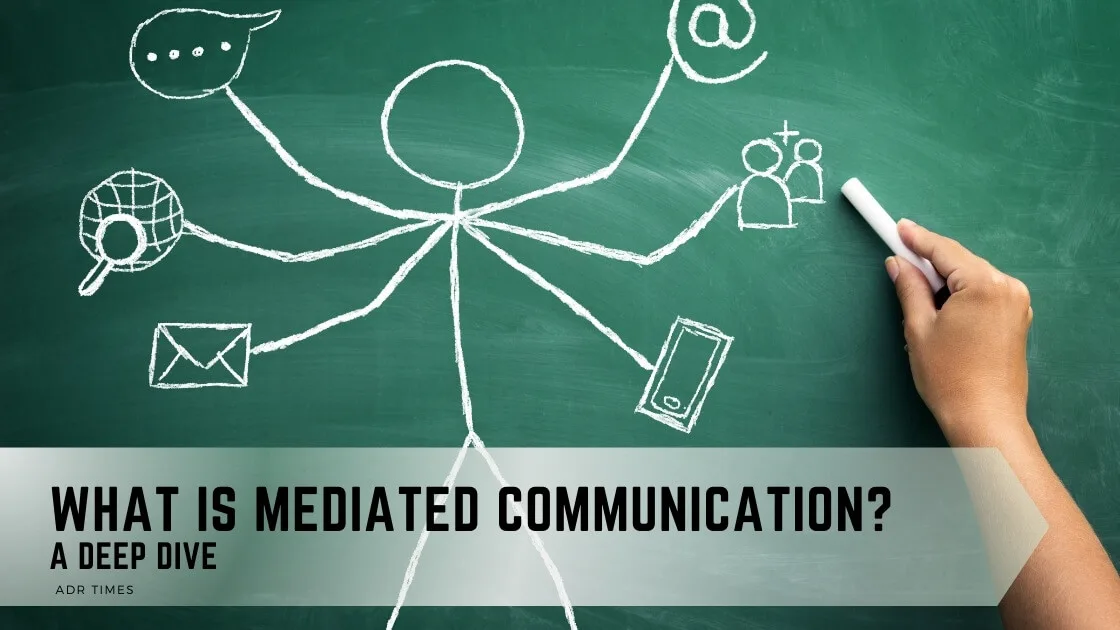Ineffective Communication Examples
One of the best ways to learn about a topic is through examples; ineffective communication is no different. Unfortunately, many people struggle to identify ineffective communication because the examples they have been given are either too obvious, unhelpful, or so specific to a situation that they are not replicable in the real world. Because of …










